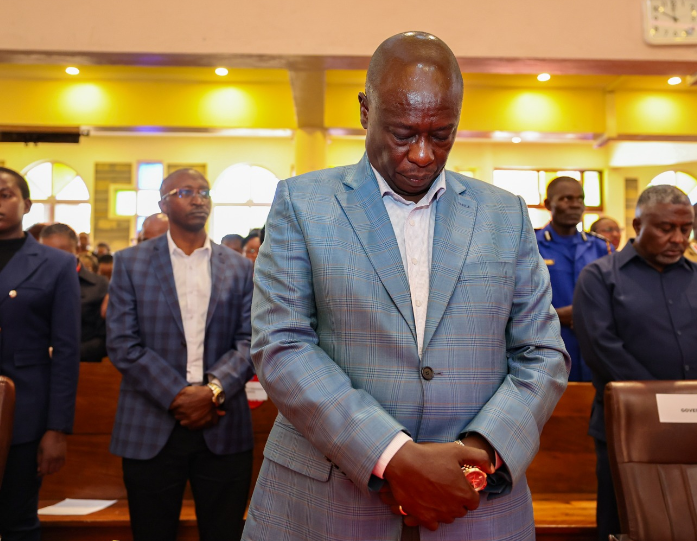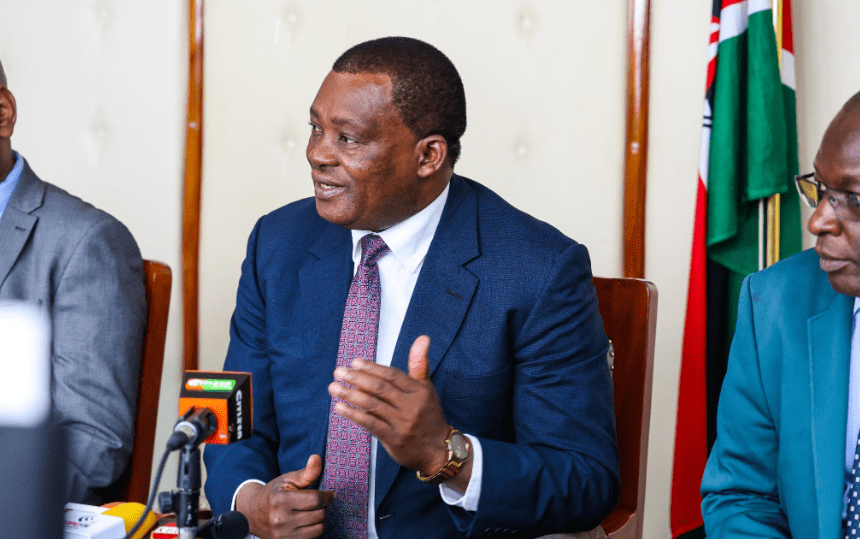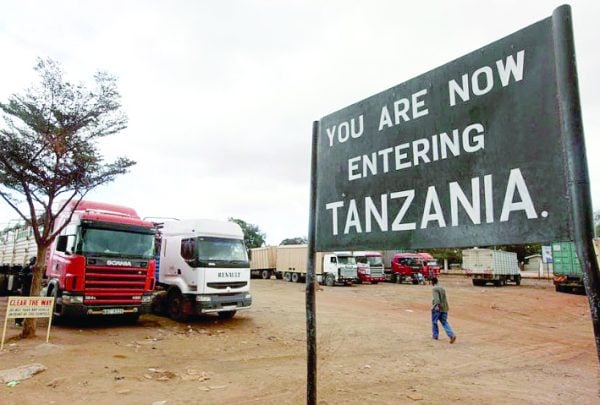DP ouster bid a distraction from national crises

Kenya is no stranger to the complex interplay of politics, power and public perception. The impeachment process against Deputy President Rigathi Gachagua has opened yet another chapter in this saga. As Kenyans watched this political drama unravel on Tuesday in the National Assembly, it was clear that this manoeuvre may be a distraction from the government’s more significant and urgent issues.
Gachagua, once a crucial ally to President William Ruto, now finds himself under siege from his own party. Initiated by Kibwezi West MP Mutuse Mwengi, the impeachment motion accuses him of corruption, money laundering, ethnic incitement and gross misconduct. While these charges seem to target issues of accountability at the highest levels of government, the political dynamics at play suggest a different motive. This move appears less about addressing corruption and more about consolidating power and diverting public attention from the state’s growing challenges.
Why now, when Kenya is grappling with economic instability, spiralling living costs and public discontent over unmet promises? By focusing the national conversation on Gachagua’s political downfall, observers believe, the government might be trying to mask its shortcomings and the struggle to deliver on campaign promises.
This tactic is not new in Kenyan politics. Historically, political leaders have used high-profile controversies to distract the public from more pressing issues. During President Moi’s regime, crackdowns on opposition leaders often diverted attention from economic failures and government mismanagement. The current impeachment process seems to echo this old playbook, with Ruto’s administration shifting the spotlight to Gachagua’s alleged wrongdoings while sidestepping the nation’s broader challenges.
Gachagua’s growing independence and criticism of government policies have positioned him as a thorn in the side of the ruling party. His outspoken remarks on development projects and governance issues have made him a target for those seeking to maintain a unified front within the administration. Removing him from his position would eliminate a vocal critic and send a clear message to any others who might challenge the status quo.
Beyond the surface, the impeachment proceedings against Gachagua have exposed a disturbing trend in Kenya’s political landscape – the erosion of democratic institutions. The charges against him, particularly those related to incitement and undermining authority, appear politically motivated.
Labelling dissent as misconduct threatens the very foundation of democratic debate, turning legitimate criticism into a punishable offence. If dissent within the government is stifled, Kenya risks sliding towards an authoritarian model where power is concentrated in the hands of a few.
Weaponising impeachment to silence political adversaries signals a shift towards a political environment where loyalty to the ruling elite trumps accountability and transparency. Moreover, the influence of powerful external interests cannot be ignored.
Reports suggest that business elites within the government are keen to see Gachagua ousted, viewing his presence as a hindrance to their ambitions. This shadowy involvement adds another layer of complexity, suggesting that the impeachment might be less about governance and more about paving the way for policies that benefit these influential actors.
As the drama surrounding Gachagua’s impeachment unfolds, it’s vital that Kenyans see beyond the spectacle. The focus should remain on the real issues. The true crisis lies not in the courtroom battles of political elites but in the everyday struggles of Kenyans facing economic hardship, unemployment and a failing healthcare system.
The impeachment of Gachagua risks becoming a convenient distraction, drawing attention away from the government’s shortcomings and the urgent need for reform. It is crucial for the public to remain vigilant, to demand transparency, and to hold all leaders accountable, not just those who fall out of favour with the ruling party. The spectacle of political theatre should not obscure the real issues that continue to undermine Kenya’s democratic values and hinder its progress.
— The writer is a PhD student in International Relations-











